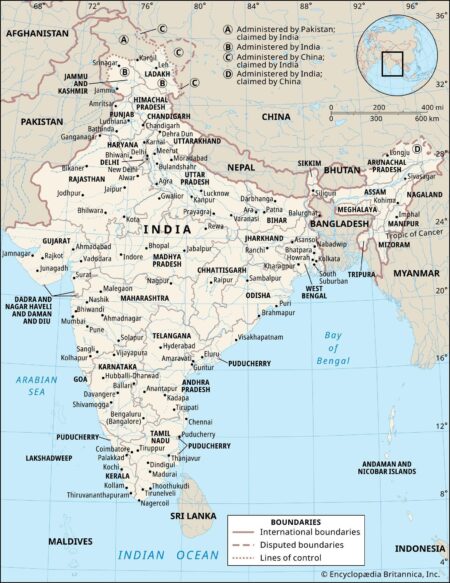India has asserted its commitment to fair trade practices following Donald Trump’s decision to impose a 90-day pause on tariffs. The Indian government emphasized that negotiations should not occur under pressure, reaffirming its stance on equitable economic dialogue.
Browsing: negotiation strategies
In a recent CNN feature, Fareed Zakaria delves into the steadfast Chinese mentality during the ongoing trade war, emphasizing a cultural ethos that prioritizes resilience and perseverance. He argues that this mindset shapes China’s approach to negotiations and conflict resolution.
Russia’s strategic maneuvers in U.S.-led peace talks reveal a calculated approach that leverages disinformation and diplomatic feints, allowing it to shape narratives and gain concessions. This method not only undermines Western unity but also bolsters Moscow’s geopolitical influence.
As tensions persist, Ukraine and Russia face pivotal conditions that could pave the way for a ceasefire. Both nations may need to navigate complex concessions to address territorial disputes and security guarantees, raising questions about their willingness to compromise.
In Japan, companies often prioritize harmony and consensus in conflict resolution. Employees are encouraged to engage in open communication and group discussions, fostering a culture of collaboration. This approach aims to maintain relationships and preserve the organization’s collective unity.
In a significant shift, key industry leaders express willingness to accept tariff reductions in negotiations with the US. This move is seen as a bid to enhance trade relations and stimulate economic growth, amid ongoing discussions to resolve trade tensions.






